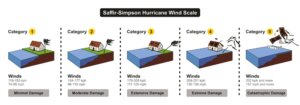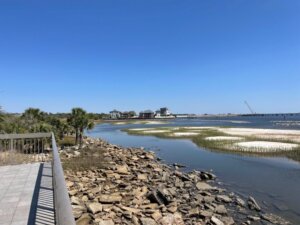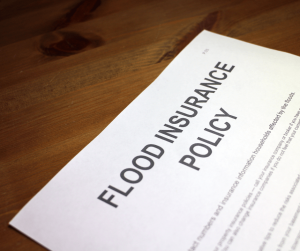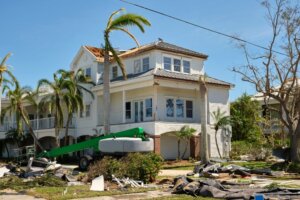How Likely Is A Hurricane In Pensacola, Florida? - Escarosa
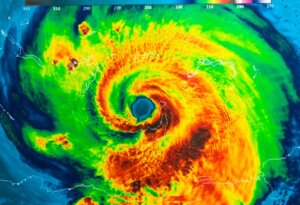
Whether you’re a Pensacola resident wondering about the likelihood of a tropical storm striking the region or seeking essential preparation tips for hurricane season, this blog is your guide.
Join us as we explore hurricane categories, Pensacola’s historical encounters, and the steps you can take before, during, and after a storm.
Understanding Storm Categories
Hurricanes are divided into five categories.
Each assigned category relates to the type and severity of damage a storm will likely cause.
Here’s a quick overview:
 Category 1 Storms
Category 1 Storms
Category 1 storms involve sustained winds of 74-95 miles per hour.
They will likely also cause some damage to the roofs, shingles, siding, or gutters of well-constructed frame homes.
These storms may also cause large tree branches to snap and can topple trees with shallow roots.
Storms of this severity can also damage power lines. They may cause power outages lasting for several days.
 Category 2 Storms
Category 2 Storms
Category 2 storms involve sustained winds of 96-110 mph.
These storms can cause significant roof and siding damage to frame homes.
They will also snap or uproot trees, blocking roads and limiting transport options.
These storms also cause near-total power losses. The outages they create can last days or several weeks.
 Category 3 Storms
Category 3 Storms
Category 3 storms are considered major hurricanes.
They involve sustained wind speeds of 111-129 mph and are also capable of causing devastating damage.
Storms of this severity may also remove gable ends and roof decking on well-constructed frame homes.
These storms snap or uproot trees and block roads.
They can also cause electricity and water to be unavailable for days or weeks after the storm passes through an area.
Consult this resource for outage maps.
 Category 4 Storms
Category 4 Storms
Category 4 storms are also considered major hurricanes.
They involve sustained winds of 130-156 mph.
Storms of this severity can destroy most of a well-built frame home’s roof or exterior walls. They will also snap and uproot most trees and power poles, causing widespread isolation of residential areas.
Power outages can last weeks or months. Most of the affected areas will also be uninhabitable for months or weeks after the storm passes.
 Category 5 Storms
Category 5 Storms
The most severe hurricanes are category 5 storms.
These storms involve sustained wind speeds of 157 mph or higher. These storms will also cause complete collapse, roof failure, and destruction of most framed homes in an area.
Storms of this severity also cause fallen trees and destroyed power lines to isolate residential areas.
They can also lead to months-long power outages that make areas uninhabitable for weeks or months.
Pensacola’s History of Hurricanes
Pensacola experienced its first recorded hurricane in 1559, which happened to be the year Spanish colonists established their first settlements.
Since 1975, Pensacola has been directly affected by eight hurricanes and a handful more tropical storms.
Currently, Pensacola ranks #8 on Sperling’s list of the “worst places for hurricanes” in the US.
Fortunately, Pensacola has some natural protection against hurricanes and tropical storms.
Project Greenshores, for example (the marsh habitat along the city’s downtown shoreline), provides a natural breakwater that limits both the size and the force of the waves that could hit Pensacola during future hurricanes.
Unfortunately, natural advantages like Project Greenshores don’t protect Pensacola from hurricanes entirely.
Each year, Pensacola is at risk of experiencing hurricanes during the Atlantic Hurricane Season, which runs from June 1-November 30.
When hurricanes do strike, they can cause flash flooding, rip currents, and other dangerous weather conditions due to hurricane landfall and storm surges.
What to do Before, During, and After a Hurricane
To protect yourself from hurricanes and tropical storms in Pensacola and the surrounding areas, follow these hurricane preparedness tips:
Before:
-
Plan ahead. Have an evacuation plan and strategy. Revise and update the plan each year, as necessary. Plan evacuation routes and make sure all family members are up to date on the current plan.
-
Pack emergency supplies. In case of evacuation, pre-pack an emergency supplies kit with enough supplies to last a week. Visit ready.gov/kit for a list of items to include in your emergency supply kit.
-
Prepare your home. Fill your car’s gas tank, refill medications, bring in all outdoor items like lawn furniture and garden tools, and prepare your home for a possible hurricane.
-
Understand your insurance coverage. Review your insurance details to understand what your policy covers and make adjustments, if needed. To educate yourself further, read The Florida Homeowner Claims Bill of Rights Guide to understand the laws around claims and your rights with insurance companies.
-
Document your home. Take photos of your home before the storm. If anything is damaged, you may need to submit the photos to your insurance company to support your claims.
During
-
Track the storm and follow your local news outlets for reliable and timely storm updates.
-
Obey all evacuation warnings and orders. Don’t delay when officials tell you it’s time to leave!
-
Fill containers and bathtubs with water. Even if you evacuate, you may need clean water when you return.
After
-
Document any damage as soon as it’s safe. Don’t wait until after the water recedes or you’ve cleaned up – take photos of the damage and report your claim in a timely manner. The sooner the better.
-
Back up your home. Use a generator to power your home in the event of power outages.
-
Double-check utility schedules. Follow regular trash and other services schedules, and watch the local news for updates or changes.
-
Pick up storm debris as quickly as possible. If the cleanup is beyond your scope, contact a restoration company for help.
-
Don’t go home until you know it’s safe. Wait until you receive the all-clear to re-enter homes in hurricane-affected areas.
How Escarosa Cleaning and Restoration Can Help
Hurricanes can cause catastrophic damage to the interior and exterior of your home, and you may need water damage restoration assistance, no matter how well you prepared for the storm.
When you contact a team like Escarosa Cleaning and Restoration after a hurricane, we’ll arrive and evaluate the severity of the water damage in your home.
We’ll use professional-quality thermal imaging equipment to determine the extent of water damage and moisture intrusion and assess which components of your home are salvageable or not.
From there, we’ll provide necessary services like demolition, drying, and disinfection (to prevent mold growth), restoring your home to its original condition, and helping you get life back to normal.
Have you Experienced Hurricane Damage in the Pensacola Area? We’re Here for You!
While Pensacola isn’t the most hurricane-prone area in Florida, we will likely experience hurricane and tropical storm damage in the coming years.
Fortunately, you don’t have to face the damage alone when it does happen.
Here at Escarosa Cleaning and Restoration, we provide water damage restoration and flood cleanup services to help you restore your home and protect your peace of mind – even after a severe hurricane.
Contact us today to schedule a quote or learn more about how we can help you.
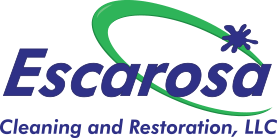






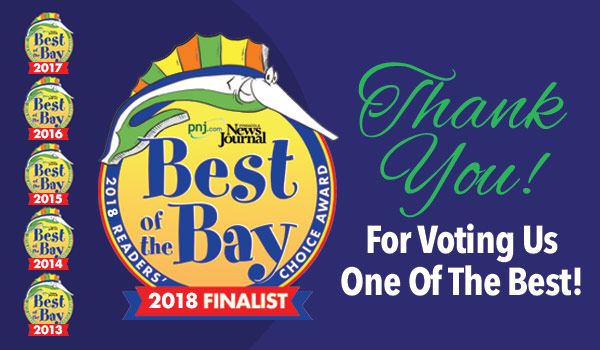
 Category 2 Storms
Category 2 Storms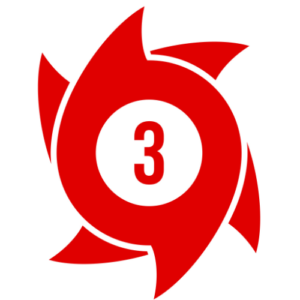 Category 3 Storms
Category 3 Storms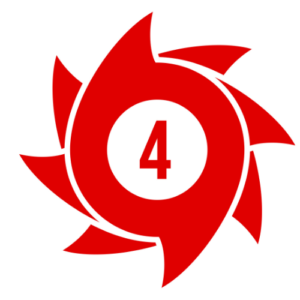 Category 4 Storms
Category 4 Storms Category 5 Storms
Category 5 Storms